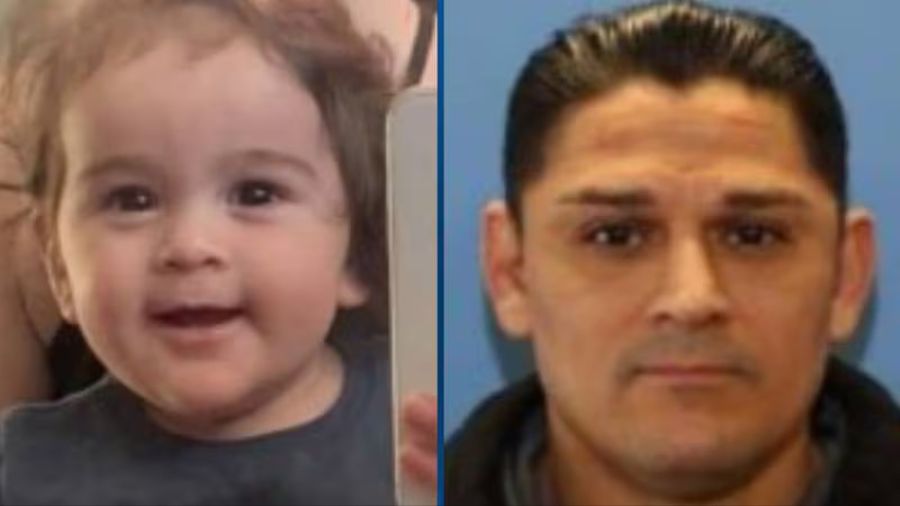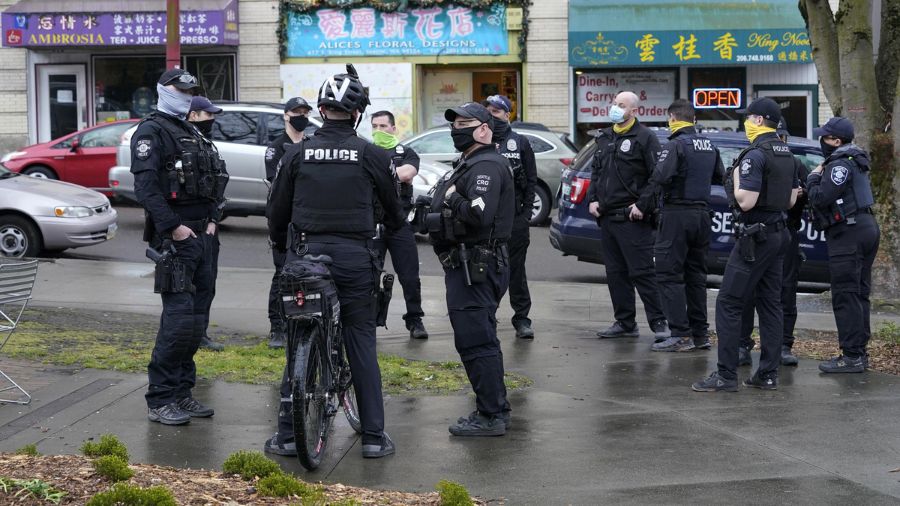UW experts divided over skipping second COVID vaccine dose
Jan 5, 2021, 11:47 AM | Updated: 3:51 pm

A vial of Pfizer's COVID-19 vaccine. (AP Photo/Frank Augstein, Pool)
(AP Photo/Frank Augstein, Pool)
A debate has emerged in the medical community over whether patients should skip the second doses of Moderna’s COVID-19 vaccine to conserve numbers.
Nurse on getting COVID vaccine at Everett hospital that treated first US case
On one side of the debate sits Dr. Moncef Slaoui, the head of Operation Warp Speed, who argues that by administering a single dose of the vaccine rather than two doses spaced out by weeks, we’d be able to vaccinate twice the amount of people.
That’s an opinion shared by two University of Washington experts: epidemiology professor Dr. Anna Wald, and associate professor of global health Dr. Ruanne Barnabas. The pair published an editorial in the Annals of Internal Medicine on Monday, citing how a single dose “will accelerate pandemic control,” while providing roughly 51% efficacy within two weeks of injection (the FDA requires 50% efficacy for approval).
With two doses, Moderna’s vaccine boasted 94% efficacy during its trial phase.
Not every expert agrees with the single-dose strategy though, including Institute for Health Metrics and Evaluation professor Dr. Ali Mokdad.
UW Medicine administers Washington’s first COVID-19 vaccine
“To cut corners right now on a protocol that has been proven through a clinical trial and science and we have built in a vaccine, to come and change it right now is dangerous,” Mokdad said. “Everyone in the world is watching us. If we fail in this vaccine, it will backfire on us.”
Dr. Anthony Fauci echoed that sentiment speaking to NBC’s Meet the Press, pointing out that the problem the United States has right now is that it actually has too much vaccine that’s not getting distributed quickly enough.
“The idea about stretching it out so you can get more people, that’s if you have not enough vaccine and a lot of people lined up waiting to get a vaccine. That’s not our problem now,” he pointed out. “We have vaccine, we need to get it into people’s arms.”












